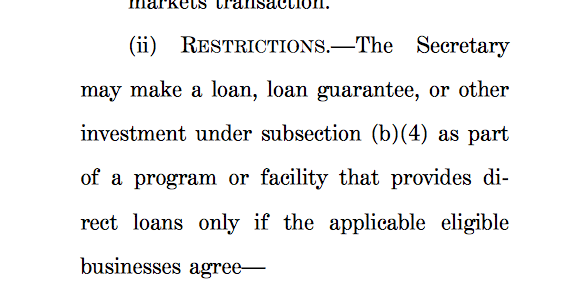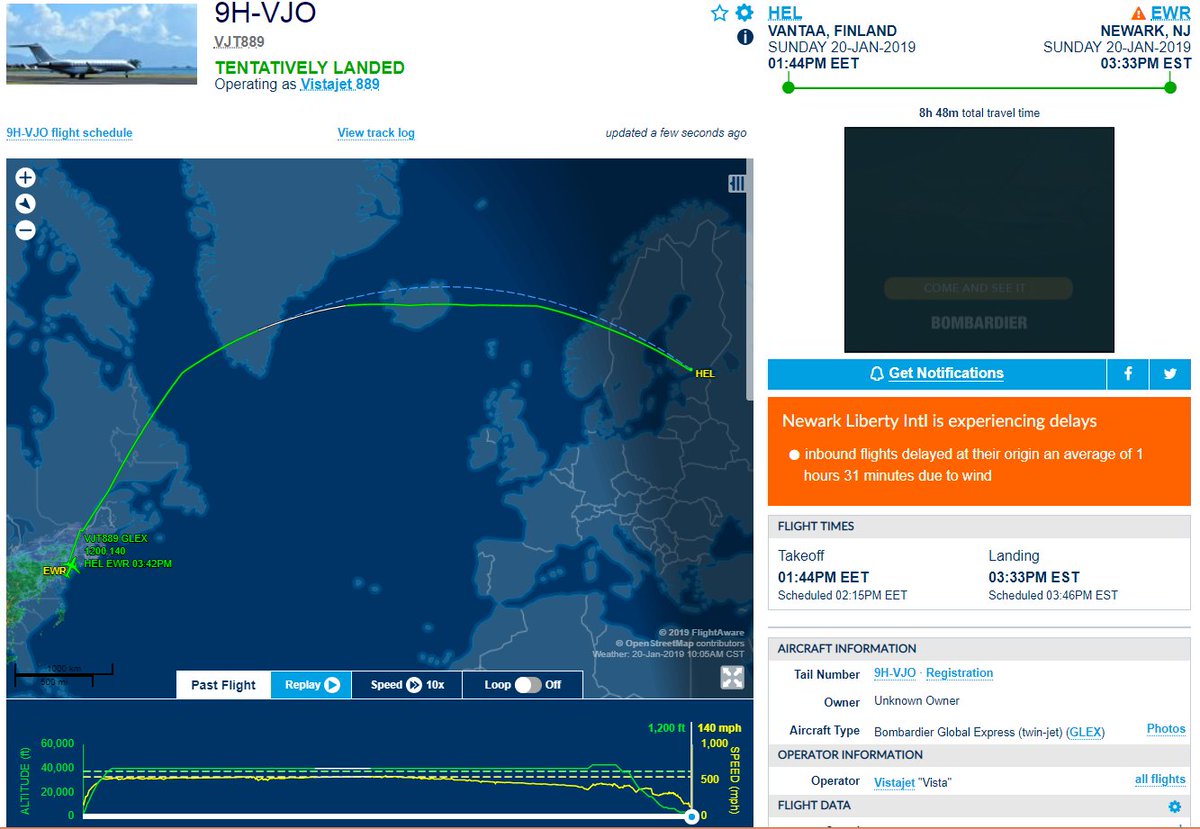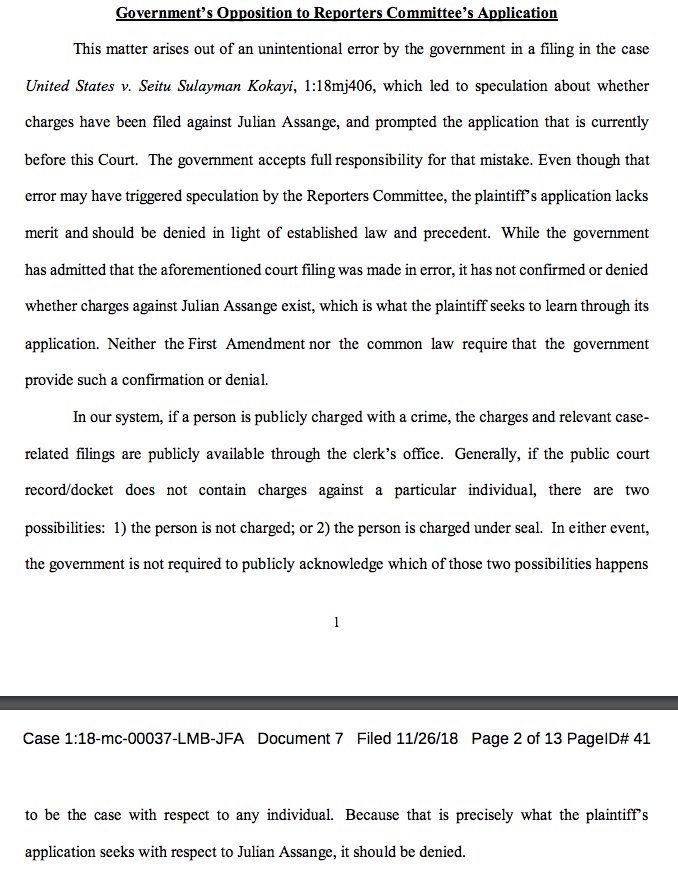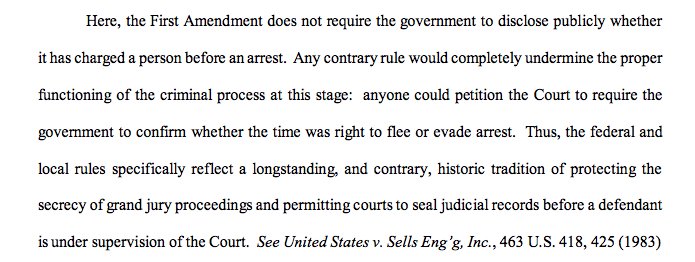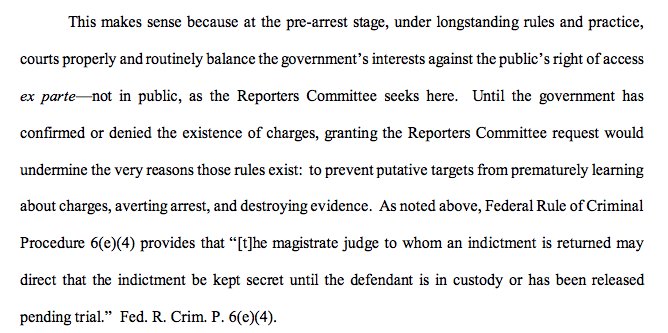The problem of non-public information vs. obvious public information about the Coronavirus risk.
1/
A) It was already outrageous that Burr secretly sold off assets while publicly dismissed the *obvious* risk.
B) The new outrage with a crim twist was b/c he also had *non-public* briefings.
That, in turn, makes the legal caustion case based on a non-public briefing more challenging.
A prosecutor would allege Burr violated the STOCK Act by using non-public information (daily briefings).
One of Burr's defenses will be that he relied on the same obvious public information...
which was the original basis for our moral outrage.
Is there a causation standard?
Unclear use of "use," but no causation reference:
"To use or employ, in connection with the purchase or sale [of securities] any manipulative or deceptive device or contrivance"
law.cornell.edu/uscode/text/15…
"a purchase or sale of a security is 'on the basis of' material nonpublic information...if the person making the purchase or sale was aware of the material nonpublic information when [he/she] made the purchase or sale.
The reg says that doesn't matter. That's hard to prove. Mere awareness and possession of the inside info counts under the reg for a criminal conviction.
Bottom line: prosecutors will need some causal timeline, even if it is a bit fuzzy.
If a prosecutor relied only on “awareness” from regs, and not “use,” he/she would risk getting overturned.
Make the case on “use.”
It’s a low threshold anyway.


